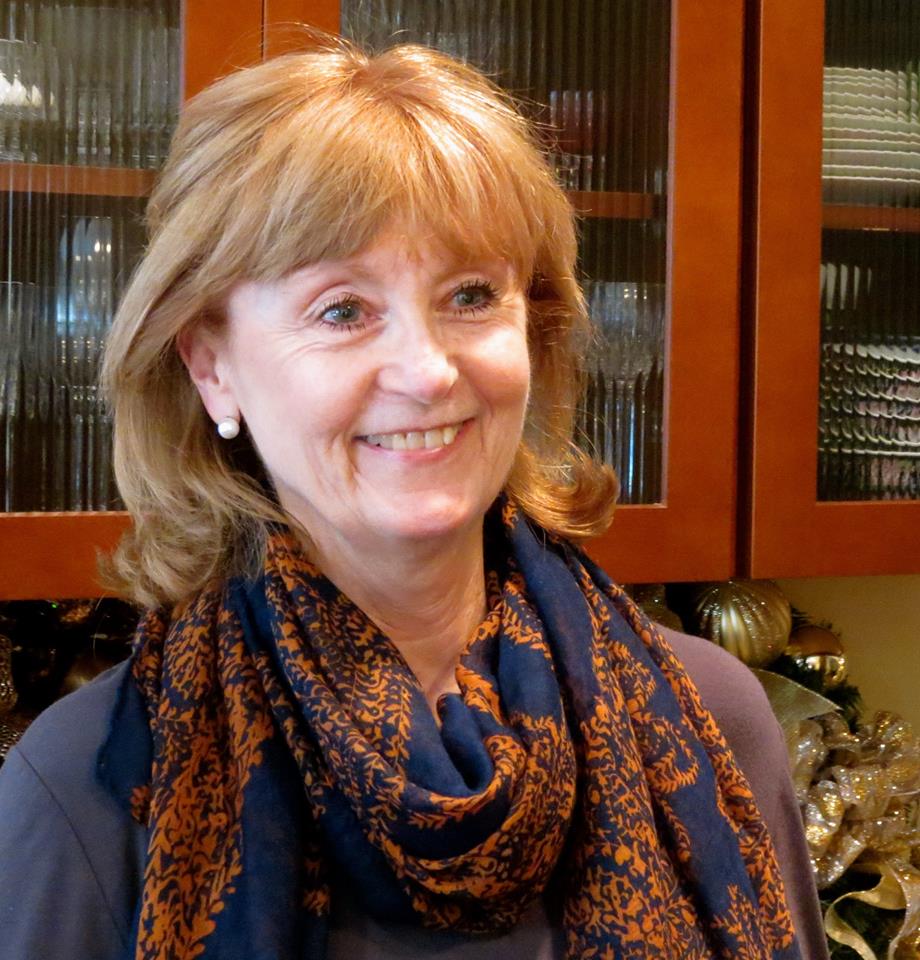With the recent election of Pope Francis I to head the Catholic Church, people are talking about faith and religion with a renewed enthusiasm.
I think people are filled with hope and that’s always a good thing.
Facebook, Twitter, Yahoo! and the mainstream news outlets have been full of stories and comments about what changes, if any, this new pope may bring about. I was at friend’s house for dinner the other day and the subject of the Pope spontaneously came up. Even my dentist started talking about it yesterday morning and I don’t think we’ve ever discussed the subject of God.
You would have thought we all had some inside sources at the Vatican the way people are talking about the Catholic Church and the symbolism of Pope Francis’ public comments. It’s ironic that everyone seems to be an instant expert on religion, a subject people usually go out of their way to avoid discussing.I love the this dynamic dialogue about God and faith and the Church. I have my own problems with the hierarchy and bureaucratic parts of the Church but the core teachings and values are the tenants of my faith. To me, faith is a belief in a God that is merciful and good and one who provides comfort and healing.
At the same time, women and their role in the Catholic Church is an issue that always gets me going and that’s why this following story that was published in The Washington Post caught my eye. We all know about St. Francis of Assisi and his pursuit of a simple and humble life but did we know about his BFF, Clare? Maybe you did, but I had no clue.This story surprised me for I didn’t know about the friendship of Francis and Clare and the ministry they advanced together. As Maureen O’Connell writes, “Her (Clare’s) status as his equal made it possible for the two of them, together, to mount a spiritual reform of the church.”
For every Francis, a Clare. . . Indeed!
 |
| St. Clare of Assisi & St. Francis of Assisi |
For Every Francis, a Clare
By Maureen O’Connell, Published The Washington Post: March 15
Although historically shut out of the frescoed halls of power in Vatican City and more mundane but just as exclusive rectories and chancelleries around the world, Catholic women might find a place for leadership under the new papacy after all. As the talking heads have been saying since
Jorge Mario Bergoglio appeared from behind that red curtain, it’s all in the name: Clare.
If Pope Francis seeks to embrace his namesake’s legacy of reforming the church by embodying the loving ministry of Christ, then he would do well also to embrace dimensions of the loving partnership between the 15th century Francis of Assisi and fellow Umbrian, Clare, founder of the Poor Clares, a semi-cloistered group of sisters who today number more than 20,000 in 70 countries. Like most heroic dynamic duos, these two were revolutionary. They confounded social expectations, rejected excessive wealth and power, and inspired upright living. In some ways, their partnership should be nothing new for followers of Christ, since women were pivotal both to Jesus’ ministry and the early Jesus movement. But since such partnerships remain a rarity, Francis and Clare might remind the new pope: if you want reform, work with tenacious women.
It seems Francis of Assisi knew that when Clare first encountered him during a Lenten reflection he gave at the church of San Giorgio exactly 800 years ago. Like him, Clare viewed her family’s social privilege as an obstacle to her spiritual yearnings and by Palm Sunday the devout 18-year-old had jettisoned the trappings of her noble life and sought out Francis for a humble one of seclusion and prayer. Francis made her escape from her former life possible and further advanced her countercultural lifestyle choice by writing the original rule or founding documents for the Poor Clares.
But Pope Francis would profit from the memory that Clare’s was the flame; his namesake simply fanned it. Against the wishes of the Italian hierarchy, Clare insisted that her nuns mirror Francis’ friars in everything including their refusal to own property. There would be no two-tiered holiness codes for her—if the men were capable of such a pious commitment, so too were the women. The backing of Francis no doubt bolstered her in her resolve to insist on this equality when face to face with Pope Gregory IX, who formally acknowledged her rule in 1219.
Moreover, Francis and Clare enjoyed an iconic friendship, one rooted in shared passions and pieties, struggles and hopes. These two needed each other in order to answer the ceaseless challenges of their respective vocational calls and to lead their communities wisely. Theirs was an intimacy of equals, liberated from narrow Catholic constructs of gender and religious vocation and open to the gifts the Holy Spirit offers leaders who seek mutuality and reciprocity: the freedom to tell and hear hard truths, the freedom to ask and offer forgiveness, the freedom to fail and start again.
Finally, Francis and Clare are radical; they return us to our roots by reminding us of the hallmarks of Jesus’ own ministry—simple living, a care for the poor, and a pivotal place for women at the heart of it all. Whether as financiers of Jesus and his disciples, as witnesses to both his death and Resurrection, or as deacons in the early Christian community, women were among Jesus’ most trusted companions and visible leaders. Like Clare, they did not wait quietly on the periphery and like Francis, Christ welcomed them to the center.
To be sure, patriarchy remains a cultural inheritance from which even Francis of Assisi had difficulty divesting. Paternalism often confined the Poor Clares to quiet contemplative work in the shadows of their historical male superior, a reality all too familiar to many religious and lay women toiling behind the scenes of Catholic ministry today. And centuries of theological developments and women’s movements later, patriarchy still seems as germane to the hierarchical church as white smoke to the announcement of a new pope. Men in cassocks: can’t rule with them, have to live ruled by them.
But still these names, Francis and Clare, suggest real possibilities for Catholic women. Like Christ whom he strove to emulate, Francis of Assisi used his power to empower a woman to become an unprecedented minister to the people of God. Her status as his equal made it possible for the two of them, together, to mount a spiritual reform of the church. That reform was significant enough to warrant the public acknowledgment of Jorge Mario Bergoglio in his transition to leader of the world’s 1.2 billion Catholics. May Pope Francis not overlook the prophetic dimension of Clare in his imitation of his namesake’s legacy.
Maureen O’Connell is Associate Professor of Theology at Fordham University, the Jesuit University of New York, and the author of Compassion: Loving Our Neighbor in an Age of Globalization (Orbis Books, 2009) and If These Walls Could Talk: Community Muralism and the Beauty of Justice (The Liturgical Press, 2012)
© The Washington Post Company












Leave a Reply